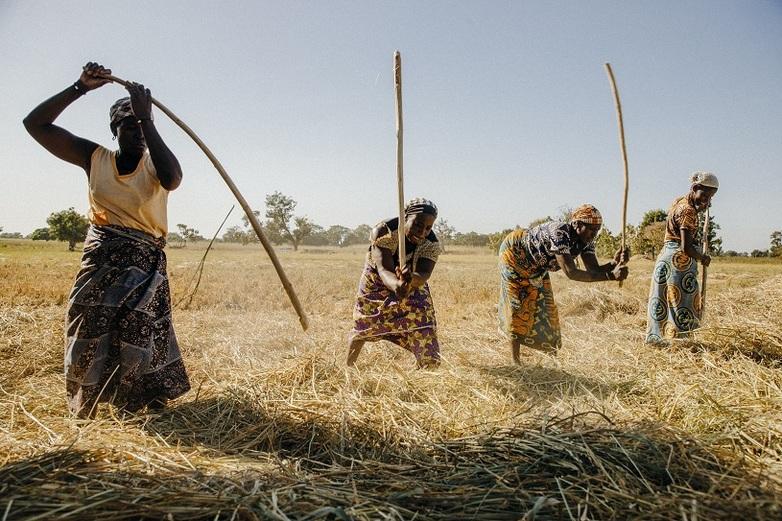2021.9011.4
Adapting the Sahel region and the Congo Basin to climate change impacts
Implementing Regional and National Adaptation Priorities in Central and West Africa (PACO)
-
Client
- Bundesmin. f.Umwelt,Klimaschutz,Naturschutz u. nukleare Sicherheit
-
Country
- Benin, Congo, Côte d'Ivoire, Senegal
-
Runtime
- –
-
Partner
- Kein übergreifender Regionaler Politischer Träger.
Contact
Jean Paul Affana

© IKI

More about the project
The project contributes to these Sustainable Development Goals (SDGs) of the United Nations: